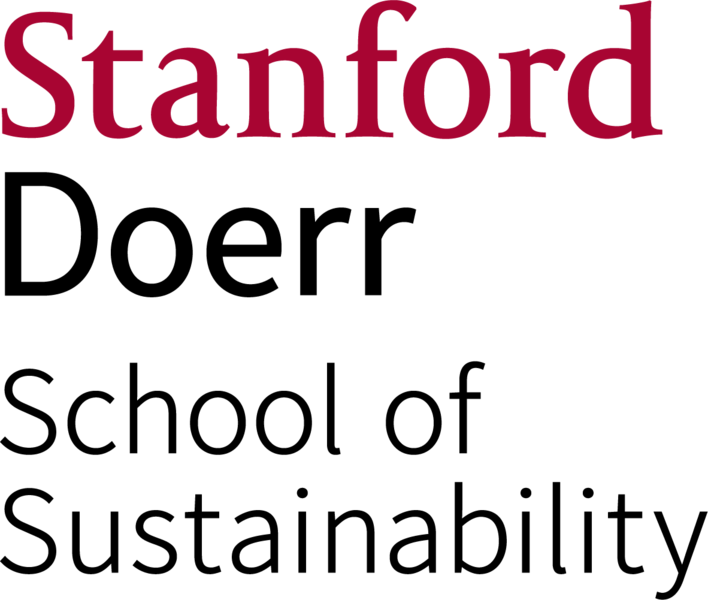Earthsys/Humbio 114: Global Change and Emerging Infectious Disease
This is a lecture course on the changing epidemiological environment, with particular attention to the ways in which anthropogenic environmental changes are altering the ecology of infectious disease transmission, thereby promoting their re-emergence as a public health threat. Organized by case studies of environmental change at (roughly) local to global scales, we focus on the role that environmental changes play in contemporary disease transmission. Five themes in the process of emerging infectious disease play out throughout the class: (1) climate change, (2) land-use change/habitat destruction, (3) mobility, (4) social and economic inequality, and (5) the changed selective landscape on pathogens, vectors, and people. The diseases we consider include Ebola Virus Disease, Malaria, Dengue Fever, Zika, Chagas disease, Lyme, Influenza, Cholera, Hantavirus, Measles, West Nile Virus, and HIV.
Class Notes
I have written notes on a number of topics that we cover specifically in the graduate section (Earthsys 214). Most of these introduce relevant analytical methods in R. In this section, students typically write a data-driven research paper and ideally write it in RMarkdown. Some sources for working in RMarkdown include: Kieran Healy's Plain Person's Guide to Plain Text Social Science (which is also available as a single pdf file), the R Markdown Tutorial from RStudio, and a Nice intro to R Markdown from the Coding Club. I have updated some of the files on the class GitHub site.
